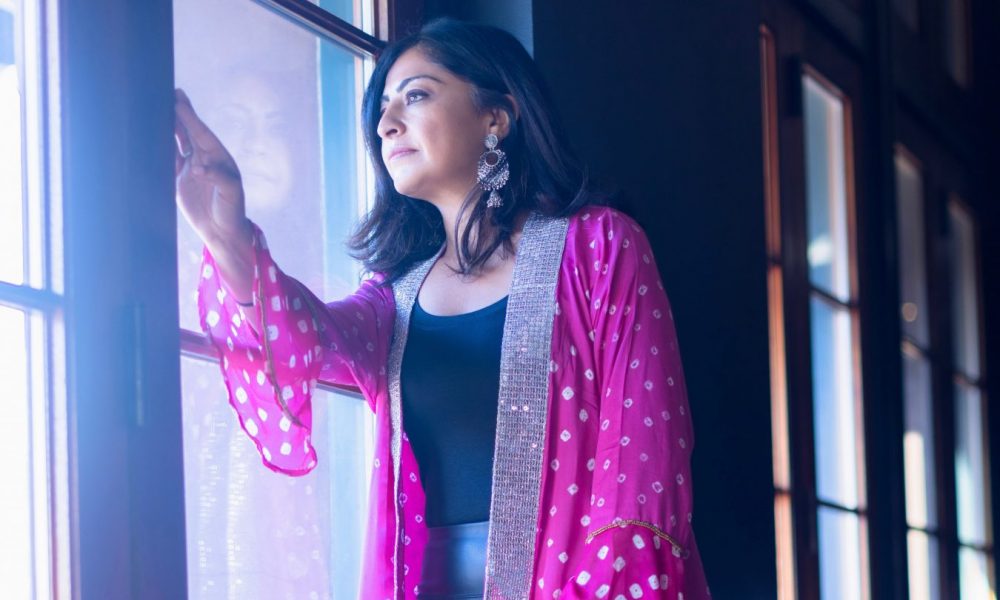

Today we’d like to introduce you to Reshma Mistry.
Hi Reshma, we’d love for you to start by introducing yourself.
Having spent the first few years of my life in England, the influences of South Asian fashion were very much prevalent in my everyday life. I took to fashion at an early age; weekends consisted of visiting the sari shops that lined the streets of the country’s “Little India”, as well as dressing up for family gatherings. In the late ’80s, my family moved across the pond to one of the world’s fashion epicenters–New York. At the time, it was a difficult adjustment to make, but now I believe that those experiences have shaped who I am today. I feel comfortable taking on new risks and challenges.
Fun fact—by the time I was in 5th grade, I had been to four different elementary schools!
In the ’90s, South Asian fashion wasn’t always accessible in New York. I found ways to incorporate my heritage and culture into my wardrobe with accessories, outerwear and jewelry. My love for fashion and learning the business behind it led me to the world-renowned Fashion Institute of Technology (FIT), where I graduated with a Bachelor of Science degree in Fashion Merchandise Management. Since then, I have worked in the Buying office for a luxury department store, as a Merchandiser for a global lifestyle brand, and as a Stylist for a subscription-based styling service, from all of which I have grown professionally and personally.
I started Noori The Label in the midst of a global pandemic after being laid off from a very well-known fashion styling service. At the time, I was disappointed, but within weeks I turned what I thought was a setback into an opportunity. It became an opportunity for me to pursue my passion. Although, my fashion journey started long before this. Post graduation, I had the opportunity to work for a few well-known retailers and brands, while in the Buying Office or on the retail floor, I noticed there was a gap in the market. While much of the clothing was made in India, a true representation of what the country has to offer was not there. Much of the handicrafts that you see in Indian clothing was never displayed in western clothing, hence many artisans were left with no or very little work. This notion, or thought, stayed with me through the years. My opportunity to make a change in this space did not arise until 2021 when I founded Noori.
Would you say it’s been a smooth road, and if not what are some of the biggest challenges you’ve faced along the way?
It has surely not been a smooth road! Our first challenge was to find suppliers that would work with us, seeing as though we were unable to travel abroad at the time. When we found suppliers, our MOQ (minimum order quantities) were too low. Our first category was belts, so finding a vendor that would take fabric, add embroidery and/or beading and finally turn it into a quality finished product was a challenge. I also didn’t have any experience starting an LLC. Through speaking with friends and reading articles online I was able to set up my own LLC and file the necessary paperwork with the state.
Something I still find challenging to this day is finding the time to juggle work life and family life.
Alright, so let’s switch gears a bit and talk business. What should we know about your work?
Most recently, we launched a collection of clothing that is produced sustainably and ethically. We partnered with Saheli Women, a social enterprise and fashion atelier based in Rajasthan, India. They aim to empower women through skills development and the creation of meaningful livelihood opportunities. The holistic, sustainable approach is what drew me to this organization, not only is sustainability applied in the production, but also in the consumption, meaning that our garments will be multi-use and timeless.
Overconsumption in the fashion industry is one of the main threats to the environment, consumers overbuy and industries overproduce. For Noori, small batch production is key, we only produce what we will think and how many units we think we can sell. As an industry, we need to take steps against climate change and the harmful effects overproduction has on the environment. There are many opportunities for consumers, designers and manufacturers that can lead to impact. Consumers can make smart choices when buying, avoiding fast fashion brands that overproduce. Designers and brands can not only produce less but also make better choices when sourcing manufacturers and suppliers. The harmful environmental effects will not only become more prevalent in the upcoming years, but it’s our social responsibility to set an example as an industry. A change in policies and business practices may appear as a challenge initially, but the lasting effects outweigh the challenge.
Going forward, we are focused on having a brand with purpose. A brand that not only offers timeless pieces but one gives back to humanity and the environment. We hope that women everywhere will feel empowered in knowing this when they wear Noori The Label.
Do you have any advice for those just starting out?
I’m happy to share my experience as an entrepreneur with anyone who maybe starting a new endeavor.
It’s never too late — There’s never the perfect time in life to start a new endeavor or take that trip of a lifetime. Never would I have thought that I would be starting a business in my 40s, all while raising three daughters. While the life of a Mompreneur can be stressful at times, I wouldn’t change it at all. My daughters are at an age where they can fully understand why I started Noori and what it means to me. As a family, we celebrate the highs and embrace the lows of having a business.
Contact Info:
- Website: www.noorithelabel.com
- Instagram: @noorithelabel
- Facebook: https://www.facebook.com/noorithelabel
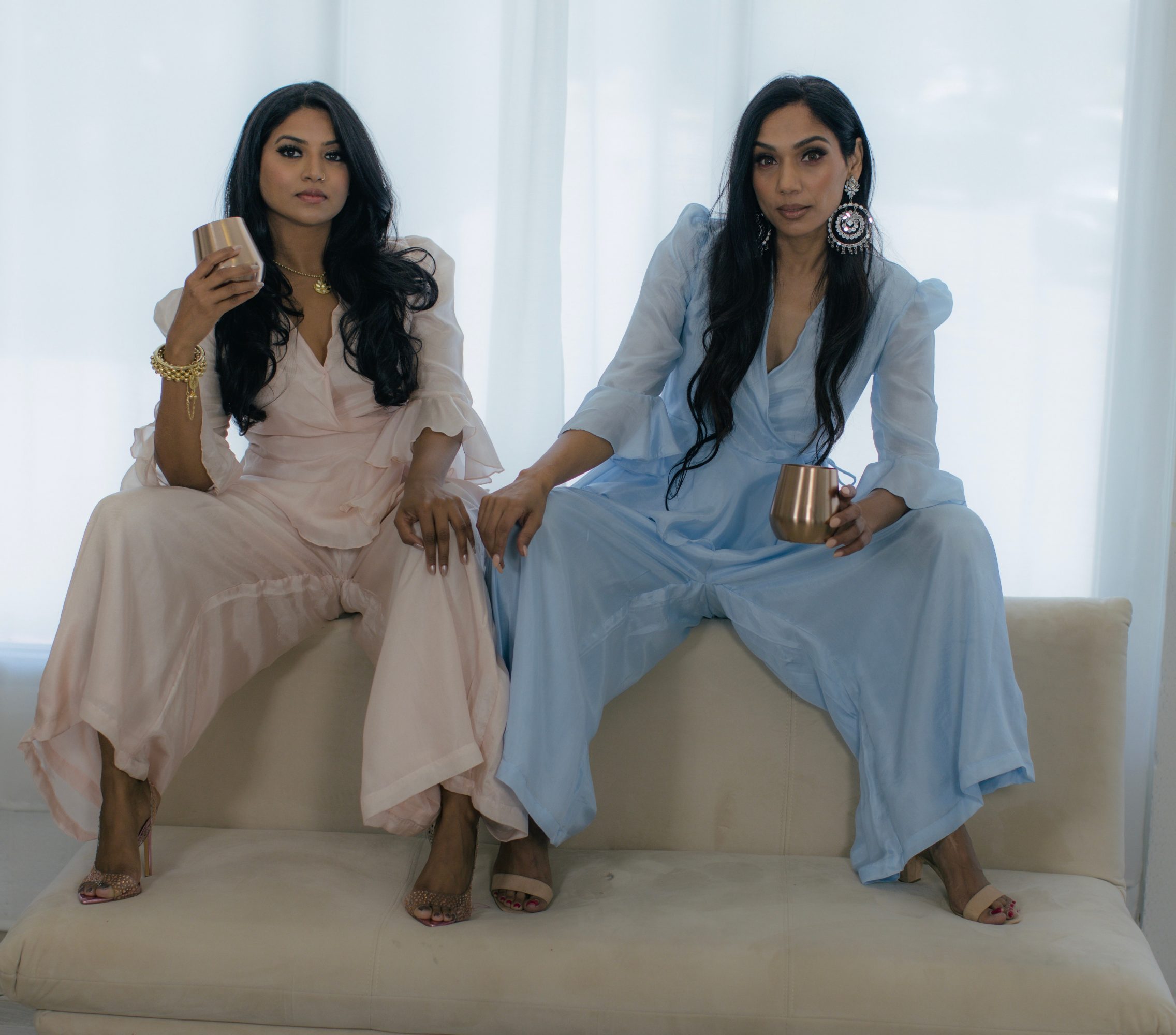
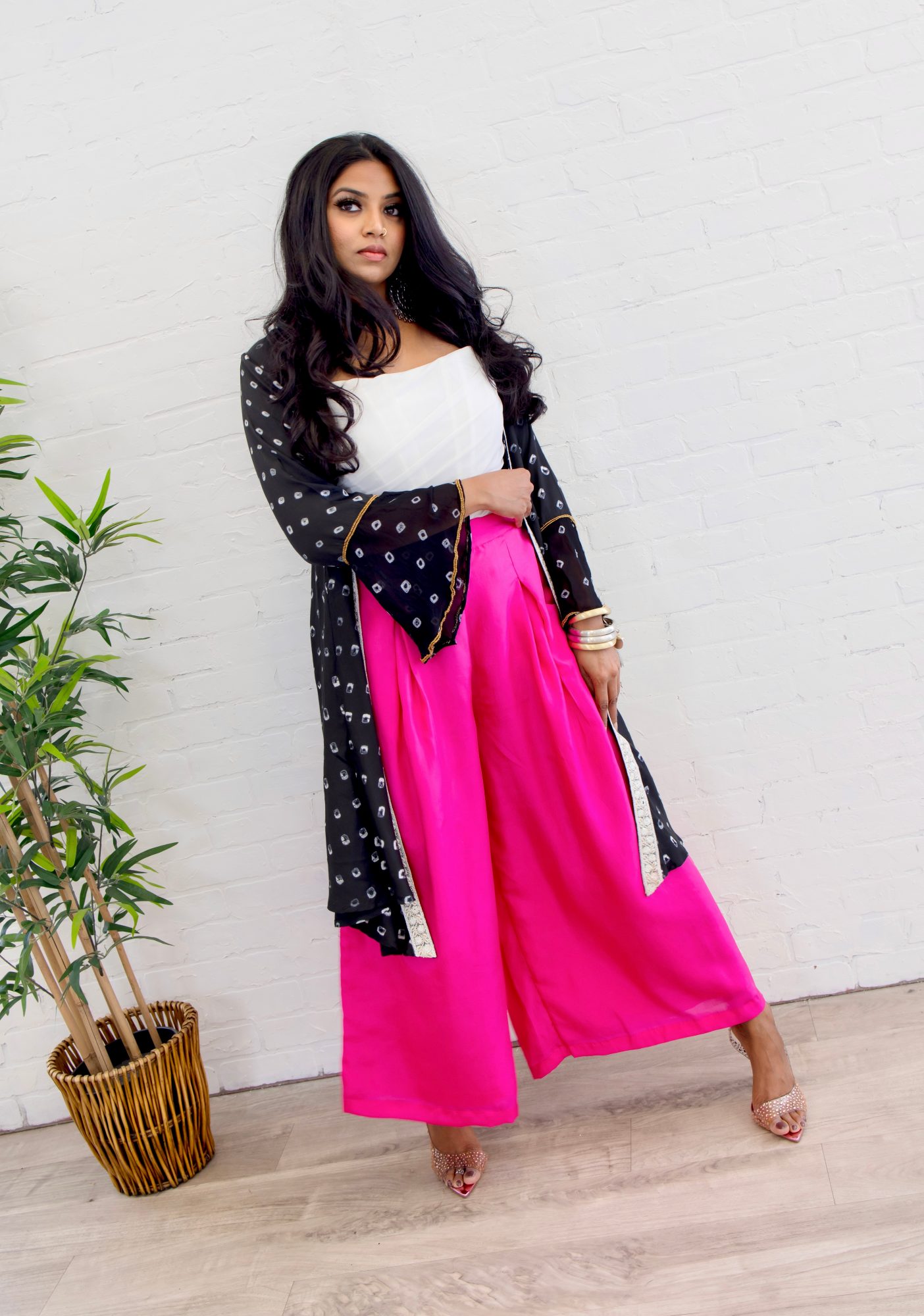
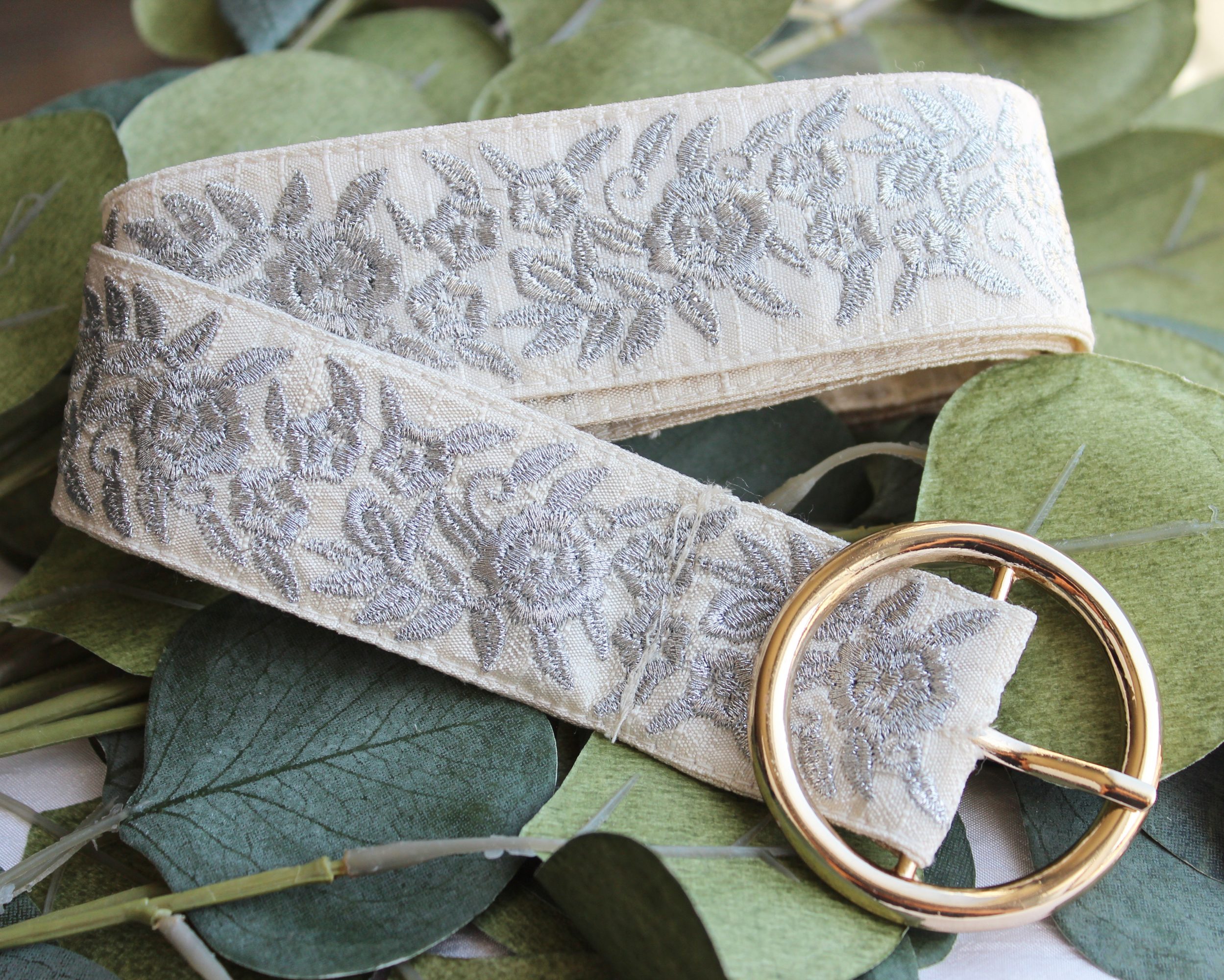
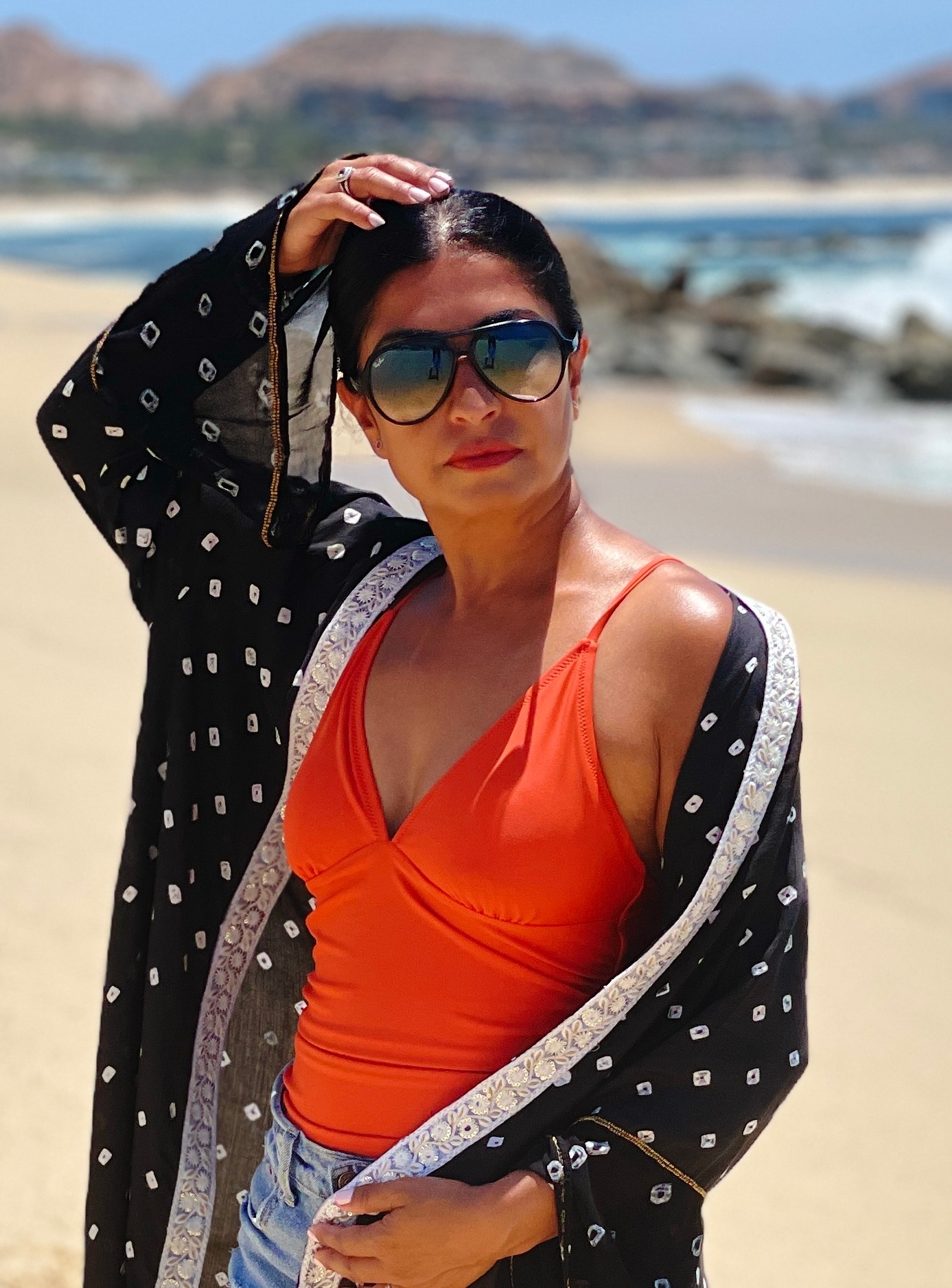
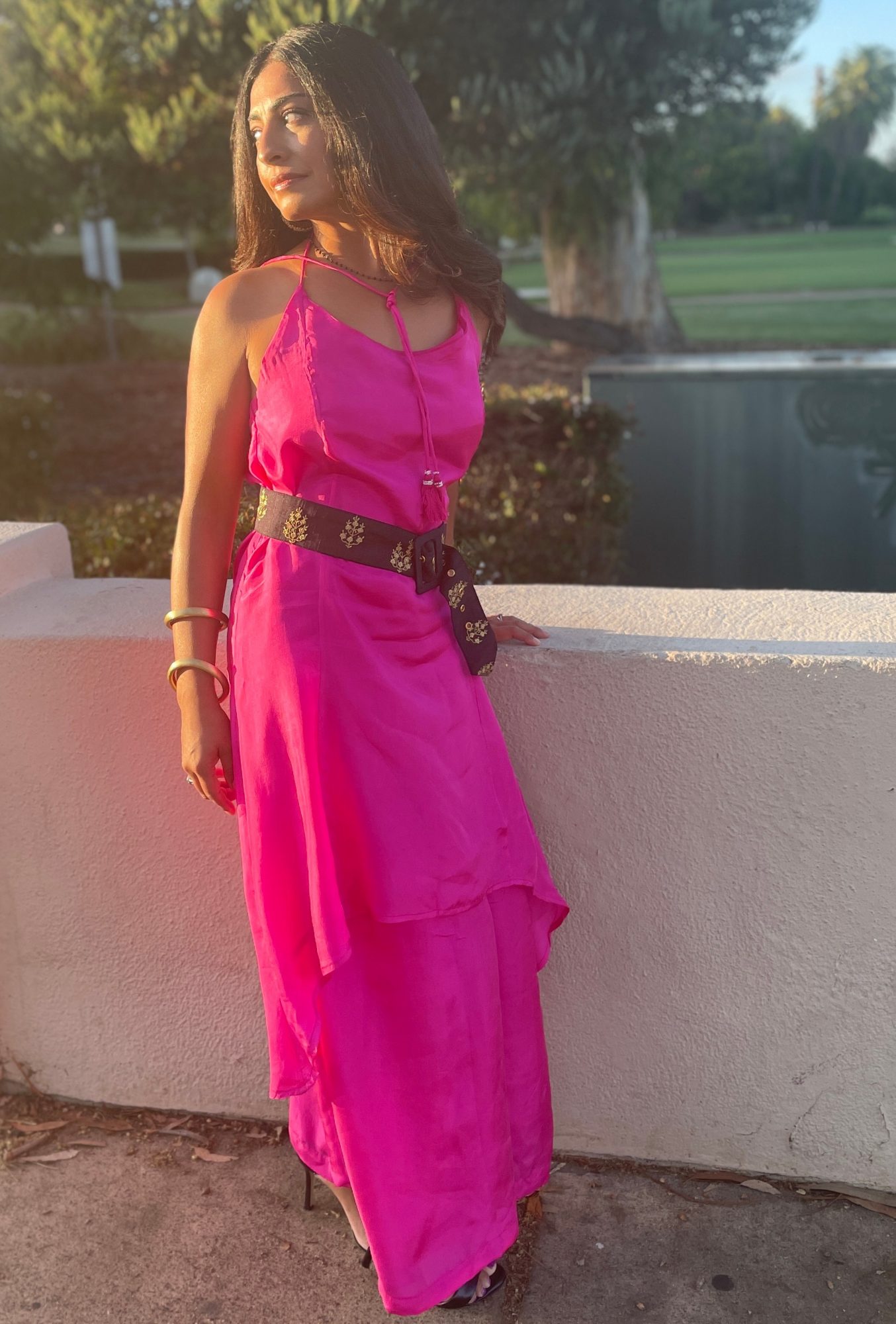
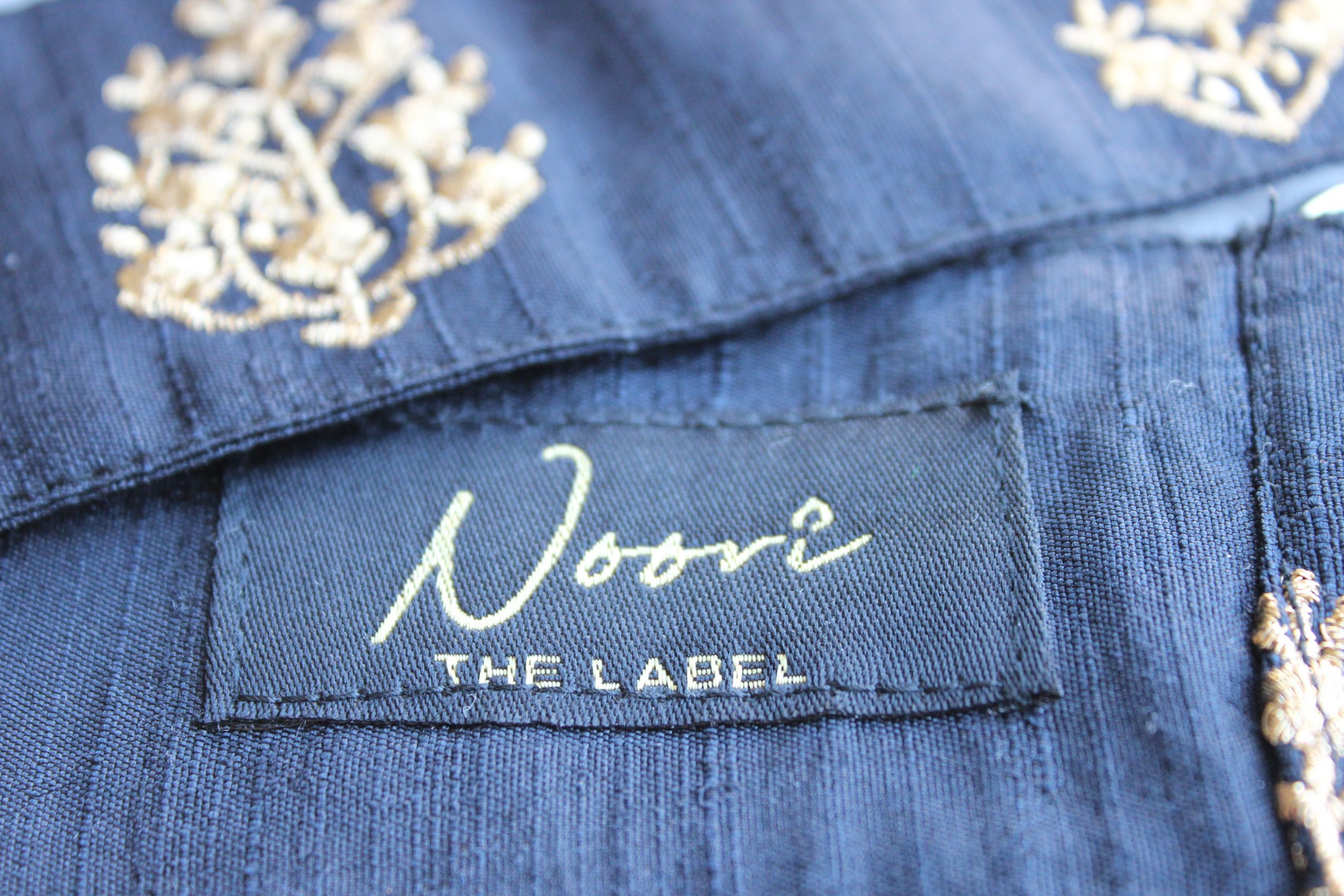 Image Credits
Image Credits
Credit photographer Hetal Luhar @focus_71 Models Niyati Bagga and Phanitha Pabbathi











